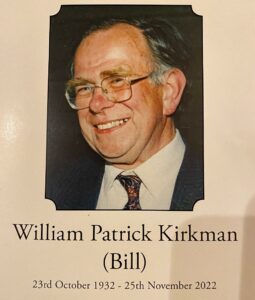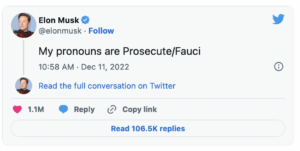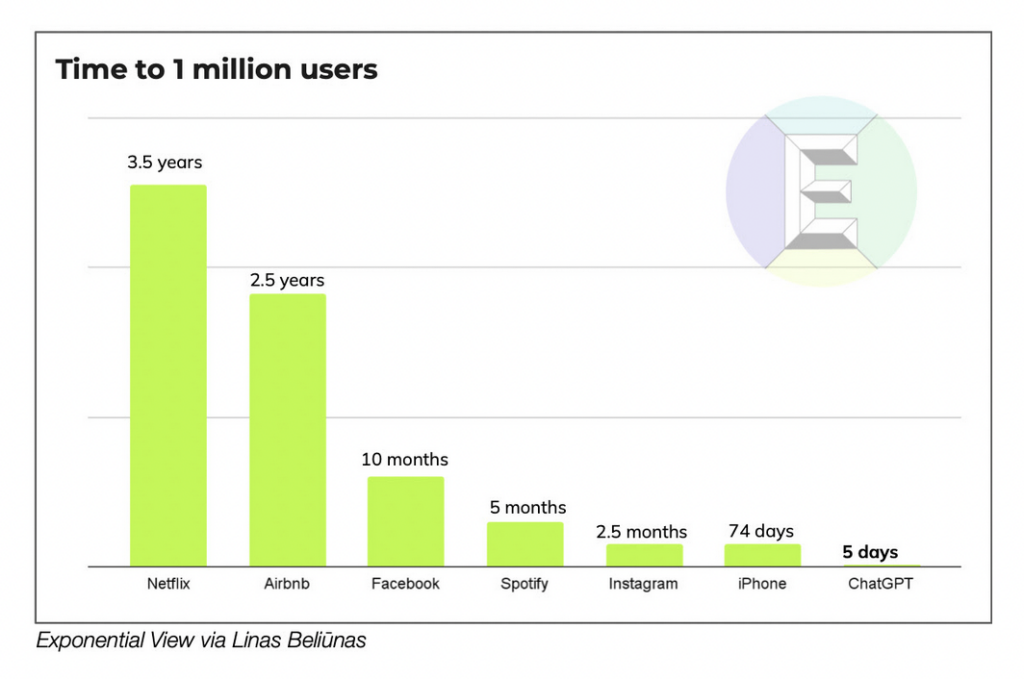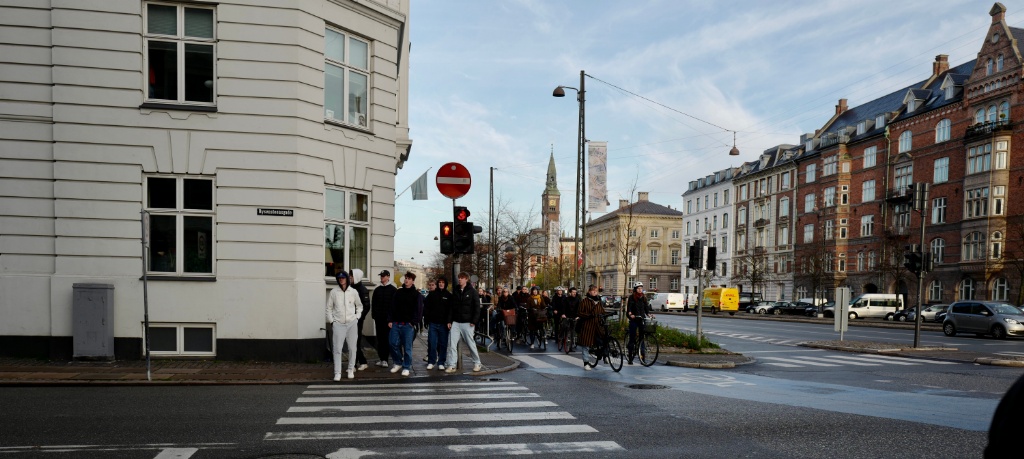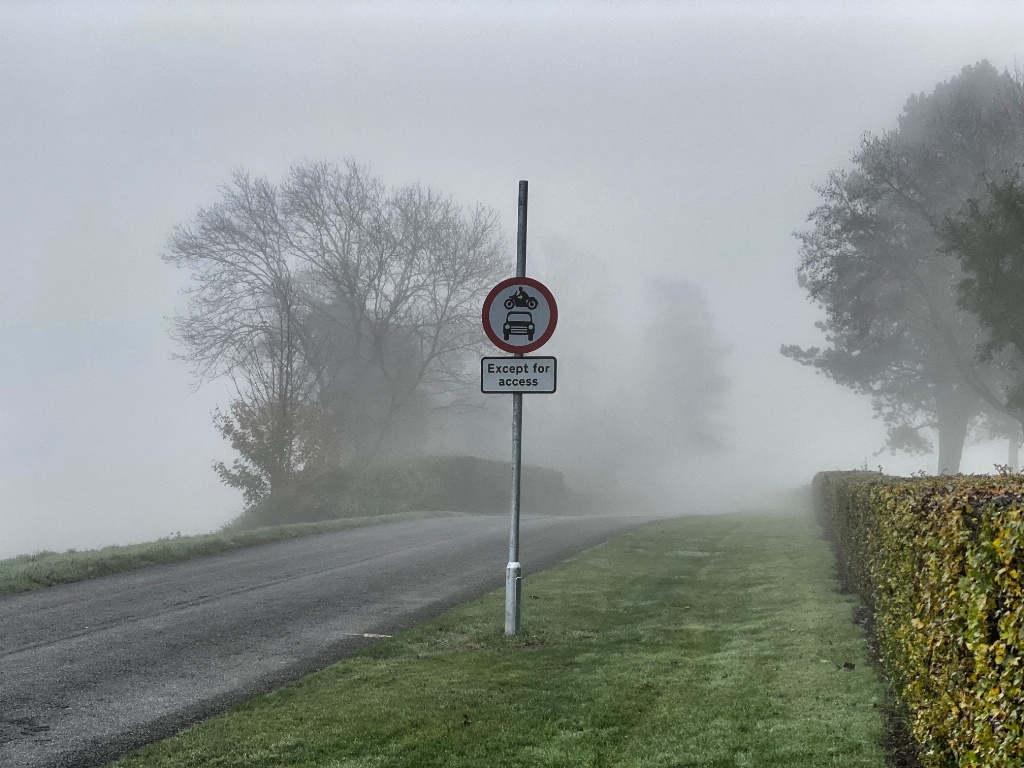Remembering Bill
My old friend, colleague and mentor, Bill Kirkman, died recently at the age of 90 and had a splendid and well-attended funeral on Saturday, at which I gave one of the tributes.
Bill was the founding Director of the Wolfson Press Fellowship Programme in 1982. The Programme welcomes journalists in mid-career to Wolfson College, Cambridge for a term, during which they research a project of their own choosing under light academic supervision. It’s been running every year since 1982 (except for a two-year Covid-induced break) and to date has welcomed almost 350 journalists from 47 countries.
I took over the Directorship of the Press Fellowship in 1996, when Bill decided to “retire”. (He was what one might describe as a ‘serial retirer’ in the sense that once he gave up one occupation, he immediately took on two more.)
I found him a hard act to follow. He was one of the most efficient people I’ve ever known. He ran the Fellowship by coming into lunch in College most days, reading the correspondence and dictating replies in faultless English to the Programme’s Secretary, before cycling back to the University Careers Service (of which he was also the Director) to resume the task of keeping his staff there on their toes. Because he had been such a distinguished journalist before he switched to University work — he had been the Times’s correspondent for the whole of Africa during the de-colonialisation period — he had immense credibility with Press Fellows from all over the world, and especially with those from the Commonwealth. And he had written a very good book about the historic transition that he had witnessed.
And of course it helped that he seemed to know everybody! Bill was on first-name terms with every one of the African leaders who emerged from the shadows of imperial rule. He also knew most of the British Cabinet ministers who had managed what Harold Macmillan famously called “the winds of change”. And to top it all, he had been born in Bihar in Eastern India, rather than in the Home Counties in which members of the British Establishment are traditionally bred.
He was great company — unfailingly witty, convivial and generous. He was also a staunch and reliable friend of great integrity. He had what the BBC used to call “a rich gravy voice” — which made him a formidable raconteur with a great stock of stories and jokes — at which he laughed nearly as heartily as I do at my own. When his family occasionally complained to him about this, his retort was, “Well, someone has to!”
I feel deeply privileged to have known him — and to have been able to continue the work that he began in Wolfson. We have a saying in Irish that could have been written for Bill. “Ní bheidh a leithéad arís ann” is how it goes. It means: “We will not see his like again.”
We won’t. May he rest in peace.
Quote of the Day
”To have some idea of what it’s like, stand in the outside lane of a motorway and get your mate to drive his car at you at 95mph and wait till he’s 12 yards away, before you decide how to jump.”
Geoff Boycott, the great England opening batsman, on the experience of facing fast bowlers.
Musical alternative to the morning’s radio news
Steeleye Span | All Around My Hat
I’ve always liked this song, banal though it is.
Long Read of the Day
Who gains and loses from the new AI?
Really perceptive guesstimate by Tyler Cowen.
The returns to factual knowledge are falling, continuing a trend that started with databases, search engines and Wikipedia. It is no longer so profitable to be a lawyer who knows a large amount of accumulated case law. Instead, the skills of synthesis and persuasion are more critical for success.
ChatGPT excels at producing ordinary, bureaucratic prose, written in an acceptable but non-descript style. In turn, we are likely to better understand how much of our society is organized around that basis, from corporate brochures to regulations to second-tier journalism. The rewards and status will go down for those who produce such writing today, and the rewards for exceptional originality are likely to rise. What exactly can you do to stand out from the froth of the chat bots?
Worth reading in full. Especially if you work in areas where the capability of apps like ChatGPT makes them into commonplace tools (think spreadsheets or Google Search) that everyone uses.
Elon Musk is a Jekyll and Hyde character.
My Observer OpEd on Elon Musk’s campaign to save Twitter by destroying it first.
Watching what’s going on at Twitter is like watching a guy losing his mind in slow motion. The guy in question is Elon Musk, who once upon a time was the world’s richest man and now isn’t. (That slot is apparently occupied by Bernard Arnault, the luxury goods mogul.)
Musk is in a hole but apparently doesn’t know Denis Healey’s First Law of Holes: when you’re in one, stop digging. The funny thing is that he dug the hole himself. First, he paid way over the odds for Twitter. Then, when Tesla shares (the main source of his wealth) tanked, and Twitter’s share price dropped, he tried to get out of the deal. That failed, so he was forced to borrow a lot of money – incurring interest payments of around a billion dollars a year – thereby becoming the reluctant owner of a loss-making company. And he hasn’t the faintest idea of how to make it work.
So he’s thrashing around, doing one contradictory thing after another…
Do read the whole piece.
I Wish I Could Tell You This One Is Not All About Twitter
This follows on nicely from the previous section.
Jon Gruber nails it.
After suspending those journalists, BuzzFeed reporter Katie Notopoulos hosted an hours-long Twitter Spaces discussion — Spaces is the group audio call-in feature that was modelled on last summer’s flash-in-the-pan hit Clubhouse — that featured, as speakers, several of the journalists who’d been banned from Twitter earlier last night. That’s right: Twitter’s backend infrastructure is such a mishmash that suspended accounts are still able to join and participate in Spaces.
Eventually, as Notopoulos’s Spaces panel continued to grow in listeners — there were several thousand when I briefly tuned in — Musk himself joined. It did not go well. Or rather, it did not go well for Musk. It went just great if you enjoy a good laugh. After being asked a pointed but utterly fair question by Notopoulos, Musk simply bailed. Moments later, the entire Spaces feature was yanked offline by Twitter. Not just the space that was currently being hosted by Notopoulos, but the entire feature, Twitter-wide.
Surely a coincidence.
But it gets better. Last night Twitter began classifying all links to all popular Mastodon servers as “malware”….
Worth reading.
My commonplace booklet
John Gray on James Lovelock
Lovely piece in the Guardian by the political philosopher on his friend. Sample:
Jim attributed his great old age to long daily walks – he lived to 103 and right up to the end his mind was very vivid. I joined him sometimes wandering through his grounds, where he’d let Gaia have its will. He had a cat and once the cat sat on my shoulder through the entire walk. His ideas had a big impact on me particularly because of his non-anthropocentric worldview. He certainly helped to shape the understanding in my book Straw Dogs that humans aren’t the centre even of life on Earth, let alone of the universe. Jim loved to be surrounded by the beauty of nature, but at the same time he knew: Gaia doesn’t care about you. He had no doubt that Gaia was a very stern mother and that humans had made too much of a mess of the world. It would react as it is doing by global warming.
This Blog is also available as a daily email. If you think that might suit you better, why not subscribe? One email a day, Monday through Friday, delivered to your inbox. It’s free, and you can always unsubscribe if you conclude your inbox is full enough already!

